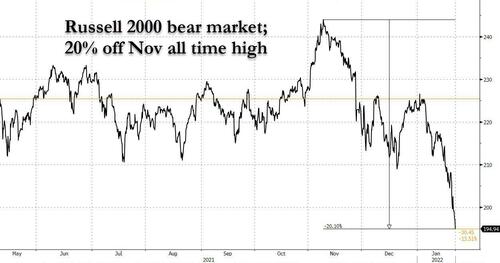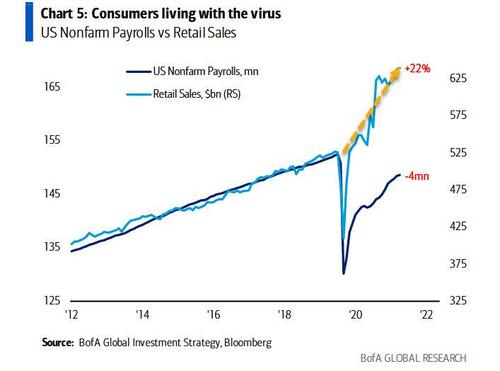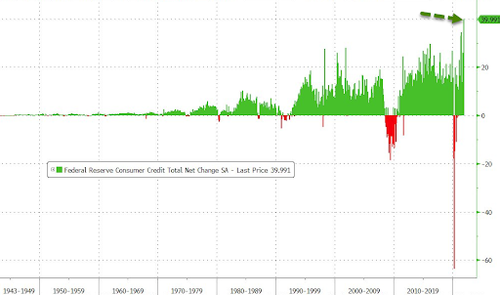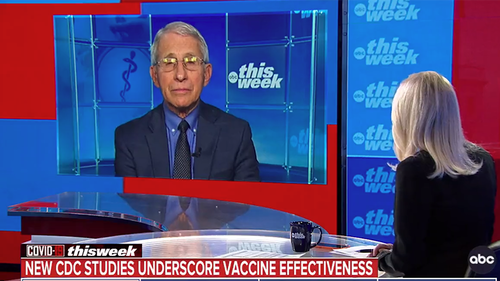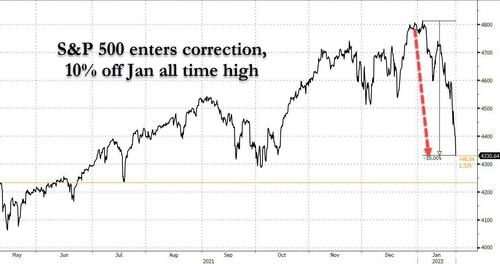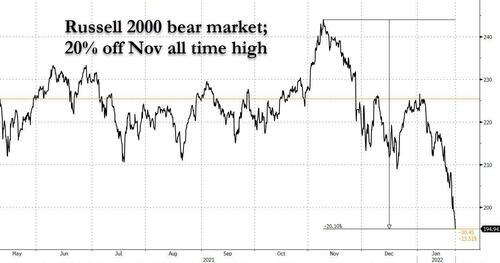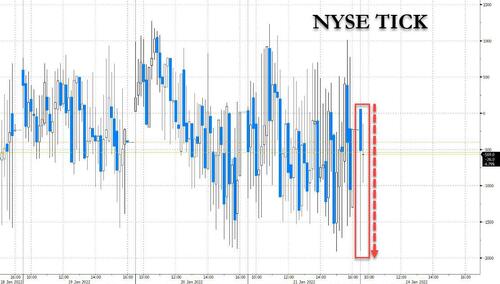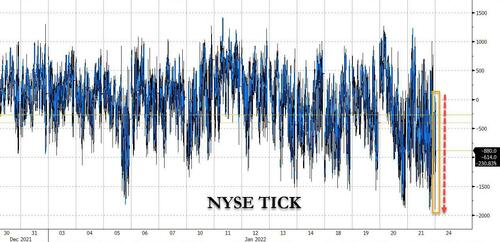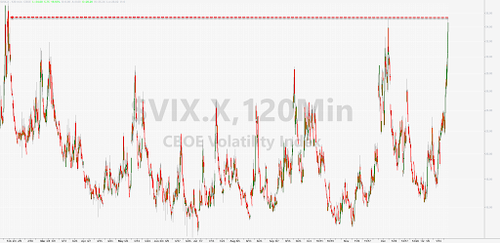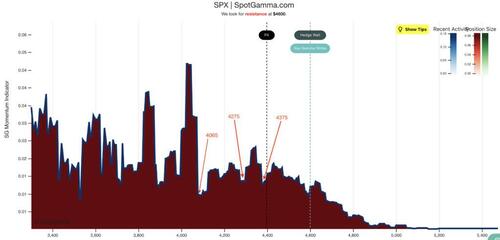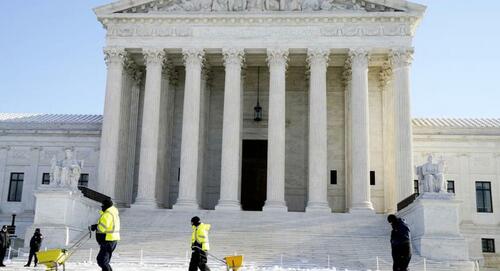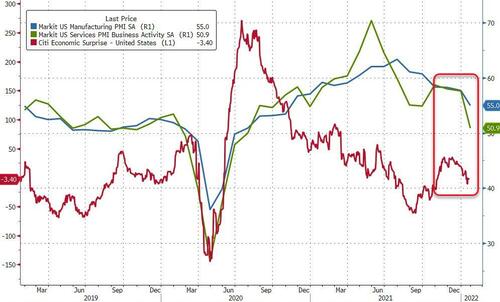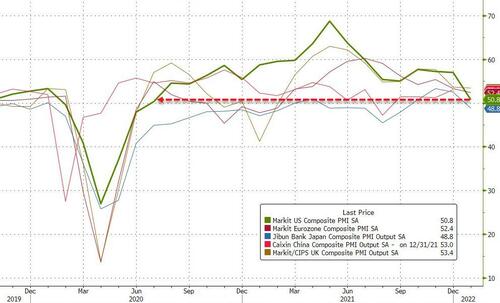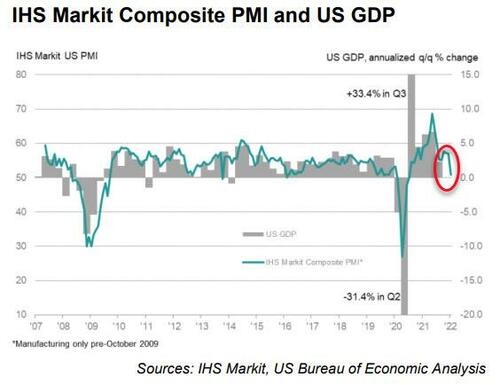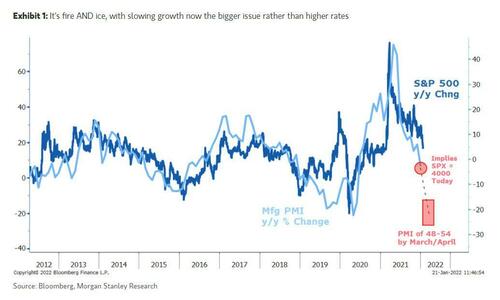
WASHINGTON, D.C.—Thousands of demonstrators gathered on the National Mall for a “Defeat the Mandates” rally this past Sunday to make their case against both private and public vaccination requirements—though that case more often than not rested on the alleged dangers and ineffectiveness of the COVID-19 vaccines themselves.
Through speeches and songs, a diverse roster of musicians, doctors, and professional anti-vaccine activists argued that the government, abetted by the media and medical establishment, has been waging a war on alternative COVID-19 treatments in order to boost the profits of Big Pharma. The victims have been freedom of religion, free expression, and liberty generally, they argue.
“Mandates and freedom don’t mix,” said J.P. Sears, a YouTuber and comedian who emceed the rally, from a podium on the steps of the Lincoln Memorial. “[They say] mandates are in place so freedom comes back. I don’t think we’re dumb enough to believe that.”
His words, amplified by batteries of speakers and displayed on massive Jumbotron screens, easily resonated with the roughly 10,000 people assembled in the January cold, many of whom had traveled long distances to be there.
Organizers billed their event as one that would unify people regardless of their party affiliation, race, religion, or vaccination status. The rally nevertheless attracted an overwhelmingly right-wing crowd.
One could hardly swing an unvaccinated cat without hitting a “let’s go Brandon” sign or a “Trump 2024” flag. Chants of “fuck Joe Biden” and “lock him up” (typically sparked by onstage mentions of Bill Gates or White House COVID-19 adviser Anthony Fauci) regularly broke out.
There was still a lot of diversity on display. Demonstrators were predominately, but hardly exclusively, white. There were far more families with children in attendance than there were masked men in Proud Boys shirts. Christian-themed signs warning of the government’s war on religion were complemented by a few seemingly Eastern-inspired placards about following your inner instincts when it comes to vaccination.
The abiding concern from people in the crowd wasn’t so much partisanship as skepticism of the vaccines themselves.
“It’s not a vaccine. It’s genetic modification. There’s no long-term studies. To do this to our kids is just wrong,” one man from Connecticut told Reason.
“I’ve done my research. I research anything that I put into my body, even though I was just trying to sell you weed,” said another man who’d traveled from Philadelphia (and who started our conversation by offering me pre-rolled joints for $10 a pop). “I believe what’s going on is medical tyranny. I believe in early treatment. Even today, there’s treatments that are being effective that aren’t being delivered.”
These views got generous support from the official speakers at the event.
The first hour of remarks was delivered by a series of heterodox physicians who generally argued that the COVID-19 vaccines were far more dangerous and far less effective than various preexisting drugs that could be repurposed for treating the disease (whether that was ivermectin, hydroxychloroquine, or vitamin D).
The most prominent speaker of this group is Robert Malone, a doctor who authored some of the earliest research on mRNA vaccines. Malone has since become a prominent skeptic of the technology—which was used to develop the Moderna and Pfizer vaccines.
“Regarding the genetic COVID vaccines, the science is settled. They’re not working. They’re not completely safe,” said Malone to rallygoers. “These genetic vaccines can damage your children.”
(Read Reason‘s Ron Bailey on the effectiveness of COVID-19 vaccines at keeping people out of the hospital and/or the morgue.)
Mentions of the dangers of the vaccines were contrasted with discussions of the coercion being employed to enforce them on the public. That in turn led to some cringe, and occasionally tasteless, historical parallels.
More than a few speakers compared Sunday’s rally to the famous 1963 civil rights rally at the Lincoln Memorial where Martin Luther King Jr. delivered his “I Have a Dream” speech.
Keynote speaker Robert F. Kennedy Jr. rounded out his remarks about the dangers of the COVID-19 vaccines and the technological surveillance being used to push them on people with a now-viral reference to Nazi Germany.
“Even in Hitler’s Germany, you could cross the Alps to Switzerland, you could hide in the attic like Anne Frank,” he said, which he contrasted to today, when the installation of 5G internet will be used to “harvest our data and control our behavior.”
These comparisons were echoed on signs and chants from many in attendance, which described vaccines as “Tuskegee 2.0” and “Nuremberg 2.0.”
Some of Sunday’s attendees were more measured in their criticisms of the various vaccine mandates being put in place. That includes one D.C. resident who was wearing a shirt with Austrian economist Murray Rothbard on it. He told me that while he was vaccinated, he still viewed mandates as worrisome government overreach.
“I think it’s ridiculous. I mean, I have friends who are not fully vaccinated. It does appear to be a stratified, two-tiered society,” he said of D.C.’s own requirement that people visiting most indoor venues, including bars, restaurants, cafes, and gyms, show proof of vaccination. “I’m not going to call it segregation. I don’t think that’s a reasonable thing to say, but it is an objectively caste-based system.”
This view didn’t get much of an airing among the speakers at the rally. That is probably to demonstrators’ detriment.
All the radicalism and kookiness on display at Sunday’s rally served mostly to obscure the fact that the vast majority of the country has not adopted vaccine passport systems. Federal courts, meanwhile, have been busy ruling against most of the vaccine mandates being issued by the White House.
That’s probably not because a majority of Americans, or the majority of U.S. Supreme Court justices, have been playing Malone’s Joe Rogan appearance on repeat.
Rather, it would seem that most of the country has settled on the idea that vaccines are a useful (and maybe even vital) personal protection against COVID-19, but that a government requirement that people show their vaccine card to grab a beer or a cup of coffee is government overreach.
That’s an attitude that might even resonate with many residents of large, liberal cities where vaccine passport systems have been implemented. Here in D.C., about a quarter of residents 12 and older are not fully vaccinated, and will therefore be unable to sit down in a restaurant or go to the gym come February 15 thanks to Mayor Muriel Bowser’s vaccine mandate. (Currently, you only need to show proof of one shot to be in compliance with Bowser’s order.)
So, Kennedy has a point when he says that under these passport systems “every right you have is transformed into a privilege contingent on arbitrary government dictates.” Malone, likewise, isn’t wrong when he notes that COVID-19 vaccines do come with some risks, and that “if there is risk, there must be choice.” Speeches from people who had suffered severe adverse reactions to vaccines helped underscore this idea.
Yet these kernels of reason are buried by broadsides against the effectiveness of COVID-19 vaccines generally and comparisons to Nazi Germany.
It also obscures the reality of these vaccine passport systems as ineffective security theater that many businesses are half-heartedly complying with at best, at least here in D.C.
For instance, after leaving Sunday’s rally, I ducked into a Starbucks to charge my phone. As I sat down at a table to drink my coffee, I had a staff member approach me and ask to see my proof of vaccination.
When I explained that it was on my dead phone, she shrugged and walked away. Someone more committed to following D.C.’s vaccine mandate should have asked me to leave, but she obviously didn’t think it was worth the effort.
Despite this less-than-perfect enforcement, new COVID-19 cases reported in D.C.—which were already falling prior to the city’s mandate going into effect—continue to collapse. The brief uptick in COVID-19 deaths in the District is also subsiding.
Reasonable people could look at this reality and conclude that vaccine mandates are a restriction on people’s liberty that comes with little benefit to public health, and thus should be abandoned. You don’t need to worry about the totalitarian potential of 5G internet to believe that.
Speakers at Sunday’s rally often gave the impression that you do.
The post D.C.'s Anti-Mandate Rally Devolves Into an Anti-Vaccine Rally appeared first on Reason.com.
from Latest – Reason.com https://ift.tt/3GS0665
via IFTTT
